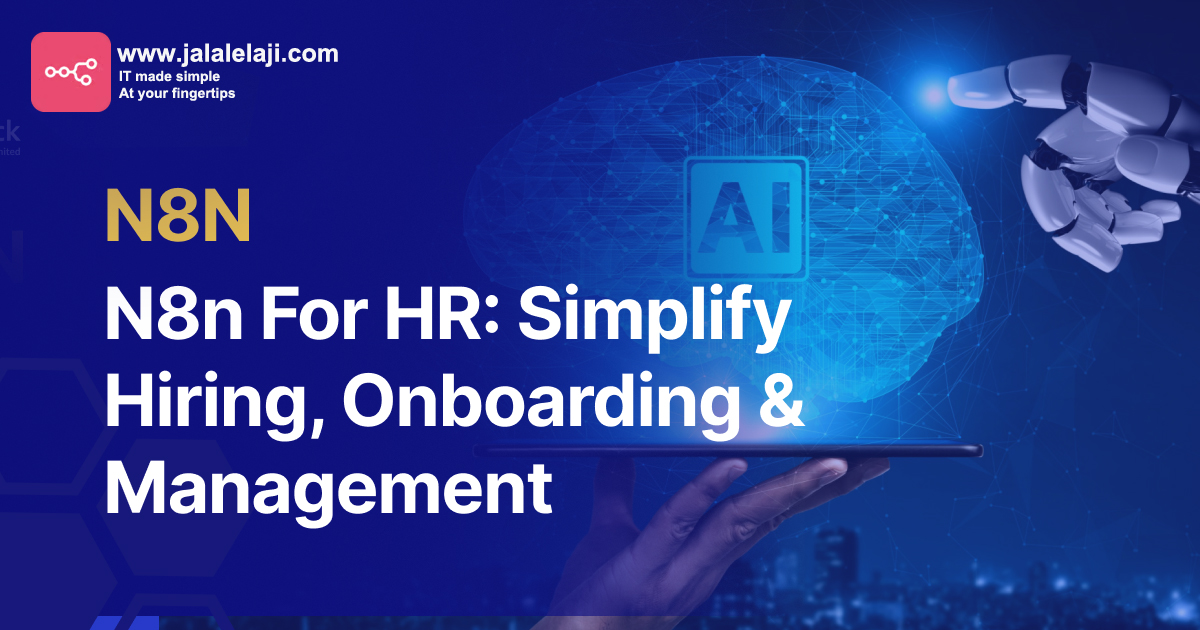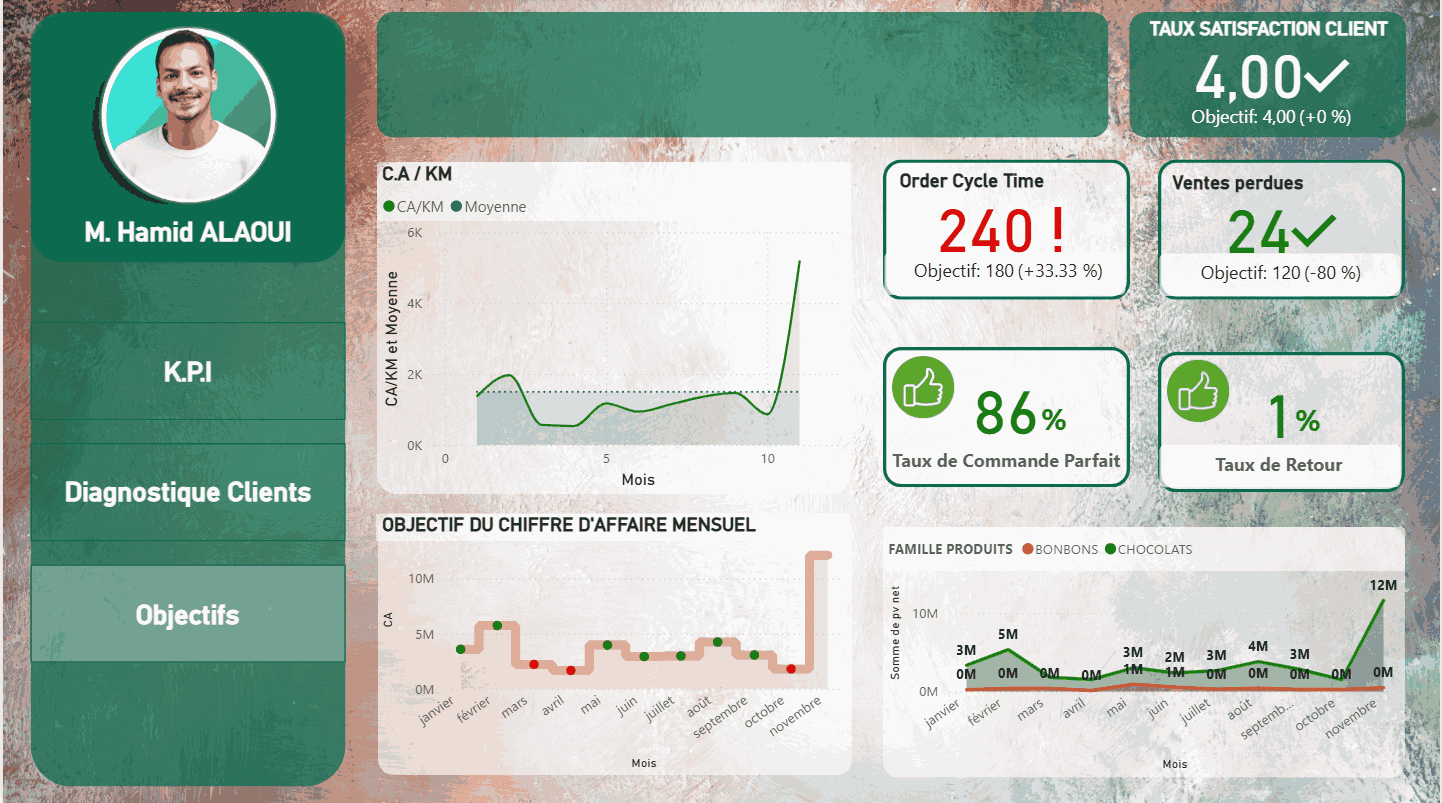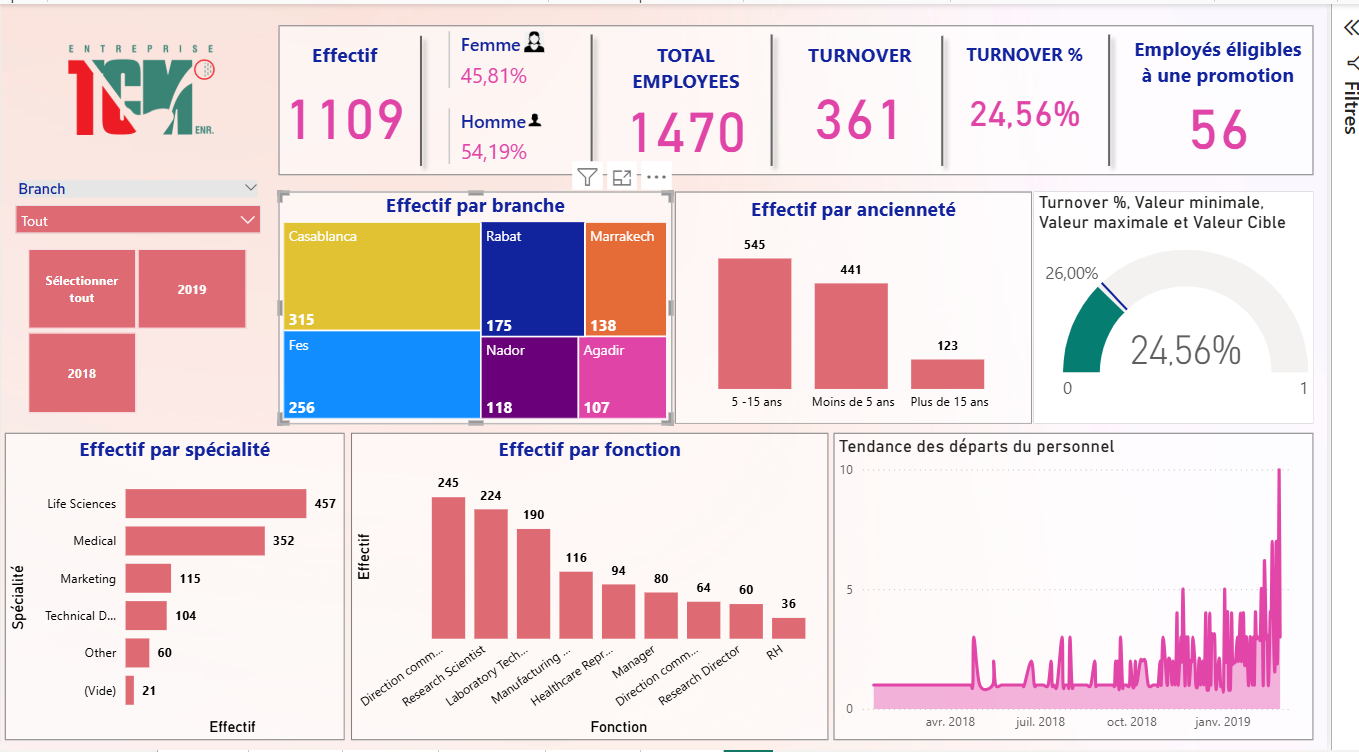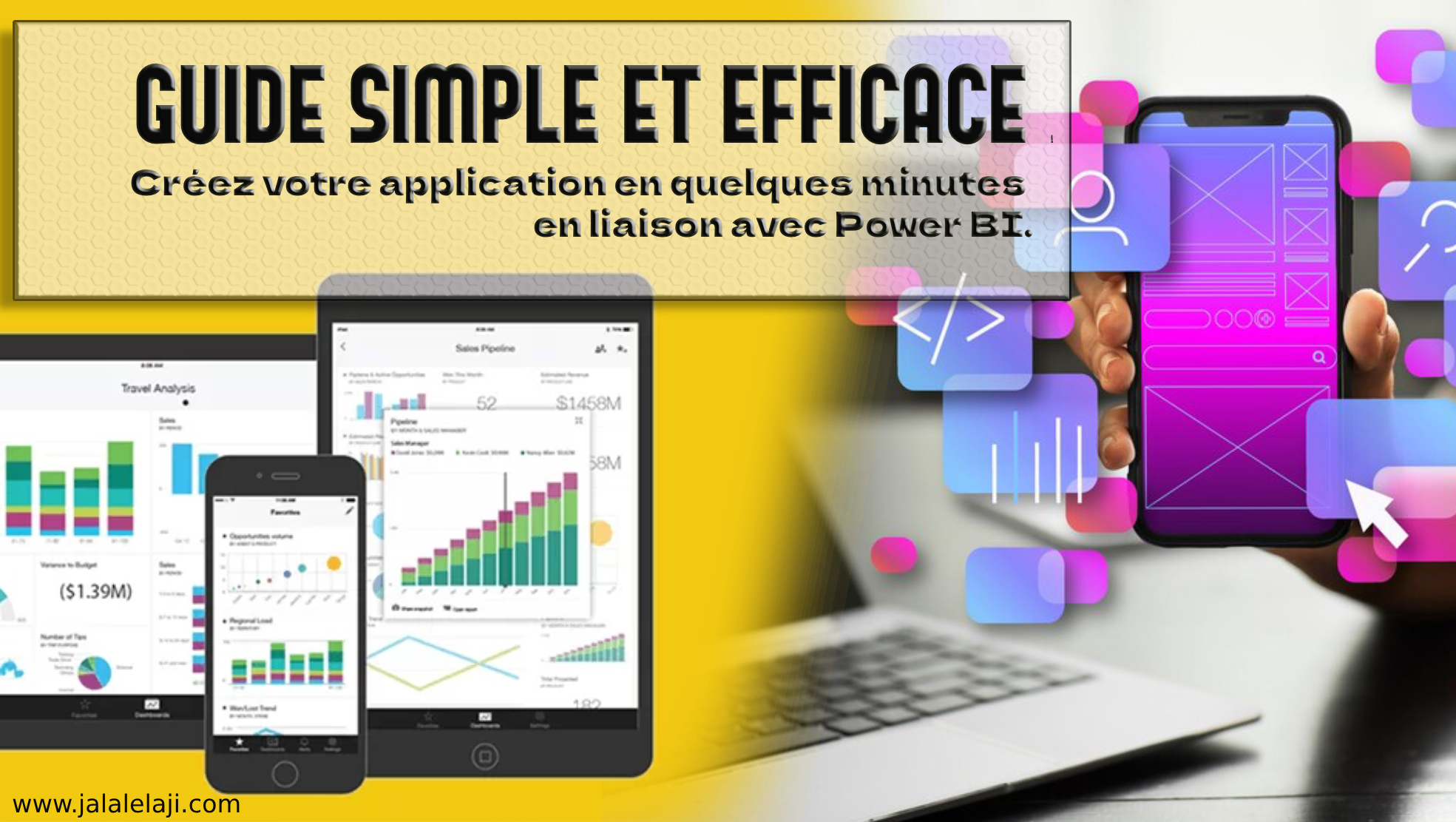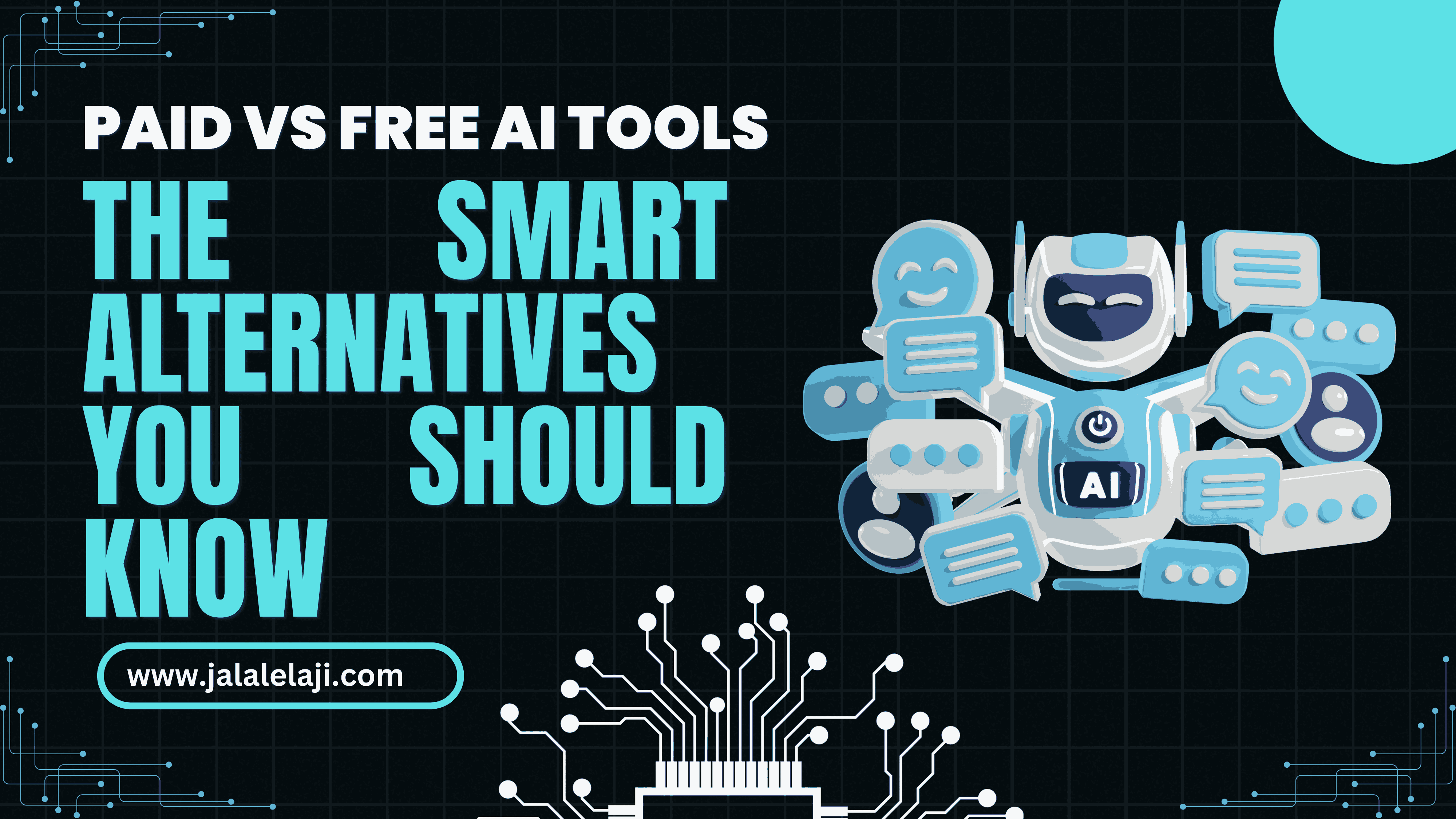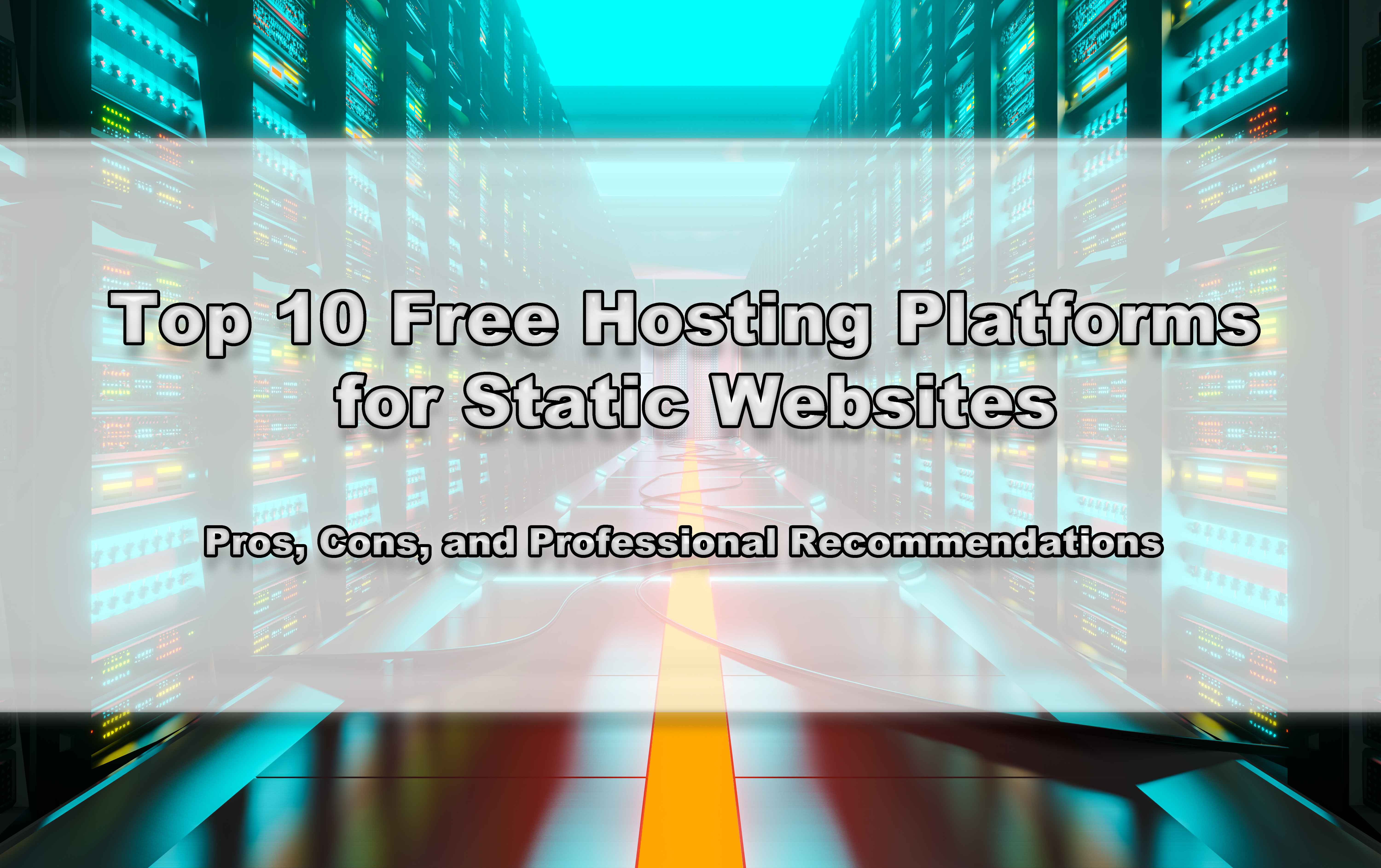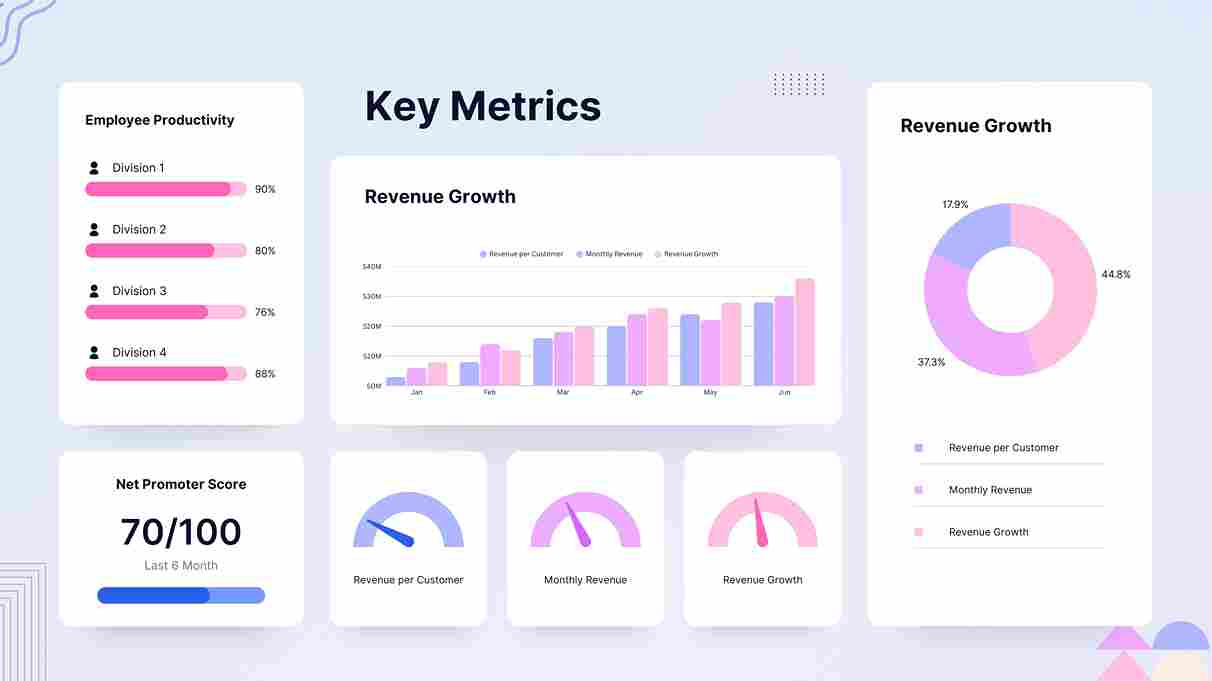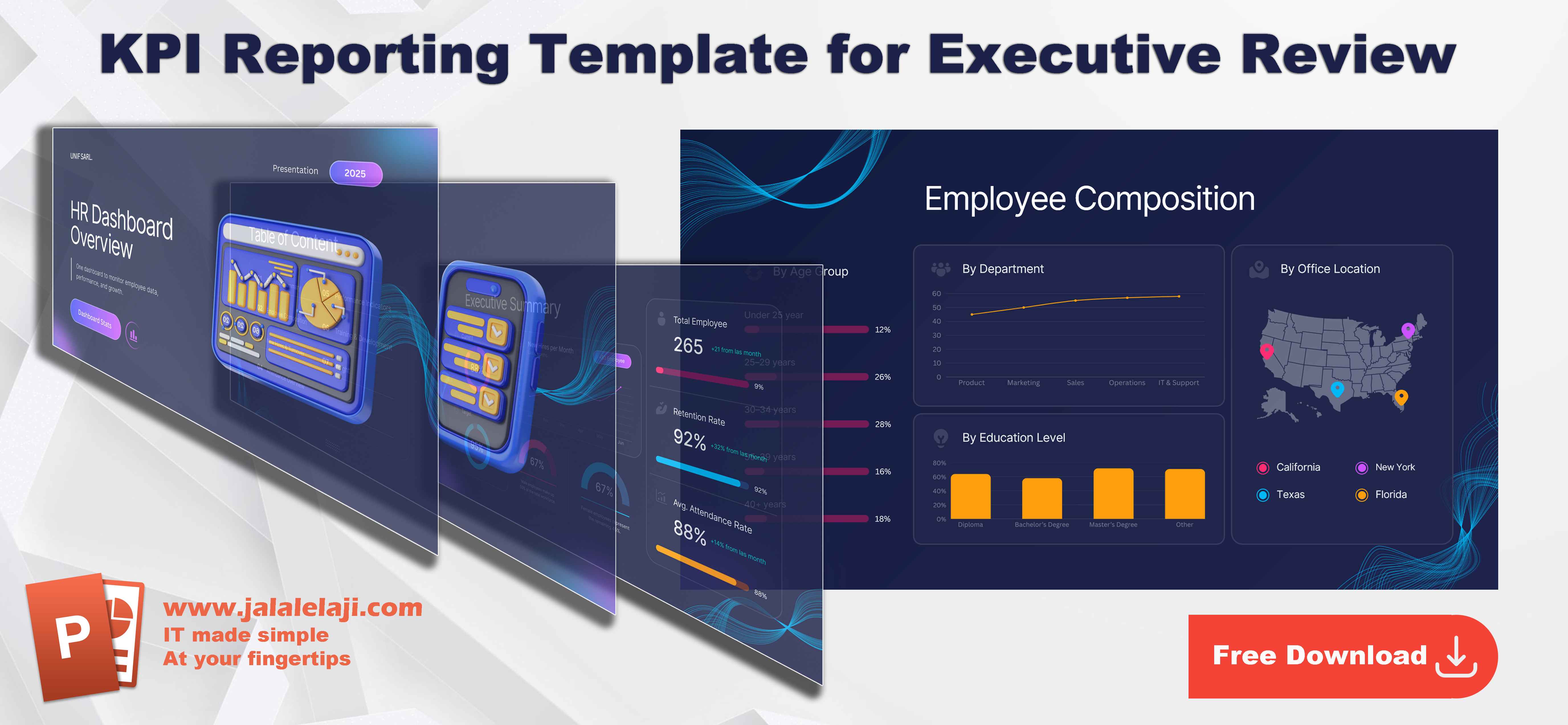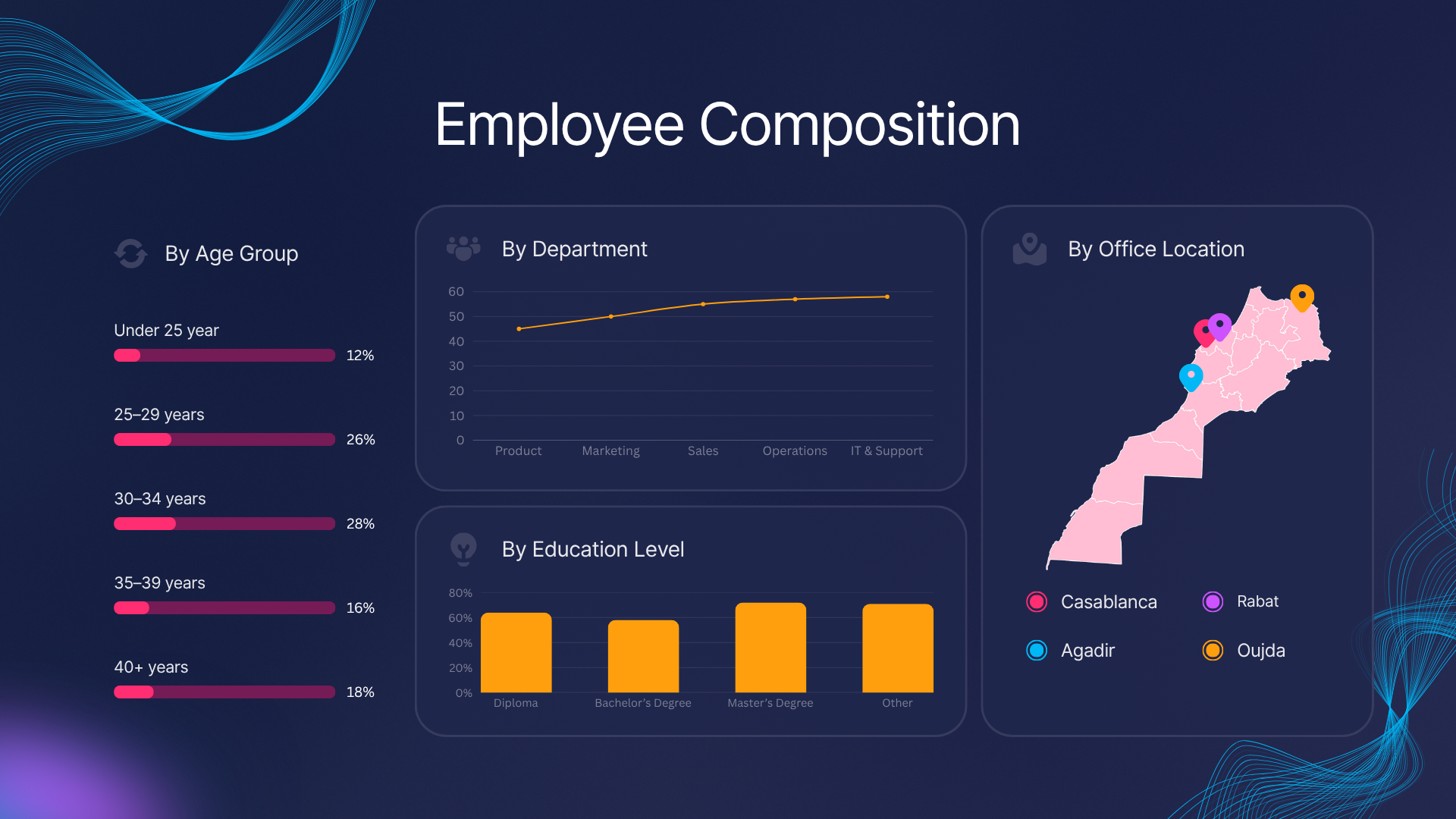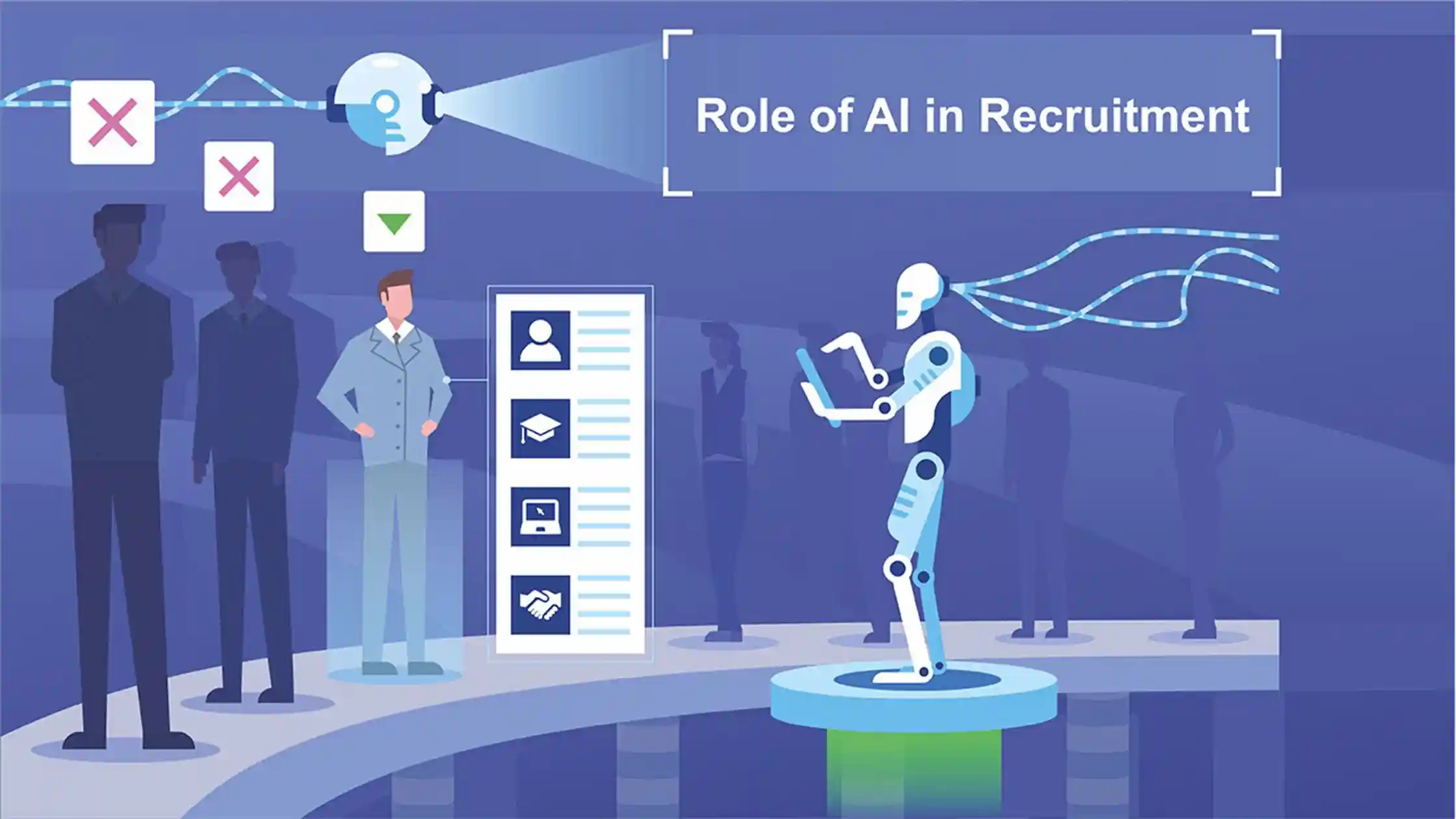The healthcare industry is on the brink of a significant transformation, driven by the integration of artificial intelligence (AI), digital health, and medical technology. The potential of AI in medicine and healthcare innovation is vast, with the capacity to improve patient outcomes, streamline operations, and reduce costs. This article will explore the current state of AI in healthcare, its economic implications, and the potential for future growth.
AI has the potential to revolutionize various aspects of healthcare, from diagnostics and treatment to patient monitoring and drug development. For instance, AI-powered diagnostic tools can analyze medical images, such as X-rays and MRIs, with greater accuracy and speed than human radiologists. AI can also assist in personalized medicine, using genetic data to tailor treatments to individual patients. Furthermore, AI-driven drug discovery platforms can expedite the development of new medications by analyzing vast amounts of data and identifying potential drug candidates.
Digital health, or the use of digital technologies to improve healthcare, encompasses a wide range of applications, including telemedicine, mobile health, and health information technology. eHealth, a subset of digital health, focuses on the use of electronic communication and information technologies for health. These technologies enable remote patient monitoring, real-time data collection, and the delivery of healthcare services via the internet. By increasing access to care, improving patient engagement, and reducing costs, digital health and eHealth have the potential to transform the healthcare industry.
Health technology, or the application of technology to healthcare, includes a wide range of devices, systems, and methods used to prevent, diagnose, and treat medical conditions. Smart hospitals, a concept that combines health technology with AI, aim to improve patient care, streamline operations, and reduce costs. By using AI-driven systems to manage patient data, automate routine tasks, and optimize resource allocation, smart hospitals can enhance the overall efficiency and effectiveness of healthcare delivery.
The integration of AI in healthcare has the potential to generate significant economic benefits. According to a report by McKinsey, AI could create $150 billion in annual savings for the US healthcare industry by 2026. These savings could be achieved through increased productivity, reduced labor costs, and improved patient outcomes. Furthermore, AI-driven innovations in drug discovery and development could lead to the creation of new markets and the growth of existing ones.
Despite its potential, the implementation of AI in healthcare is not without challenges. These include issues related to data privacy, security, and quality, as well as the need for regulatory oversight and standardization. Additionally, there is a lack of understanding and trust in AI among healthcare professionals and the general public, which must be addressed through education and awareness campaigns.
Numerous case studies have demonstrated the potential of AI in healthcare. For instance, Google’s DeepMind Health has developed an AI system that can predict acute kidney injury in hospital patients up to 48 hours before it occurs. Similarly, IBM’s Watson Health has developed an AI platform that can analyze genomic data to identify potential cancer treatments. These and other examples highlight the potential of AI to improve patient outcomes and reduce costs.
The future of AI in healthcare is promising, with the potential for continued growth and innovation. According to a report by ResearchAndMarkets, the global AI in healthcare market is expected to grow at a compound annual growth rate of 44.0% from 2020 to 2027, reaching a value of $61.5 billion. This growth will be driven by increasing demand for personalized medicine, the need for improved healthcare efficiency, and the rise of digital health technologies.
The integration of AI in healthcare raises important policy and regulatory considerations. These include the need for clear guidelines on the use of AI in healthcare, the establishment of standards for data privacy and security, and the development of regulatory frameworks for AI-driven medical devices. Additionally, there is a need for policies that support the development and adoption of AI in healthcare, such as funding for research and development, tax incentives, and public-private partnerships.
The integration of AI in healthcare has the potential to transform the industry, improving patient outcomes, streamlining operations, and reducing costs. However, this transformation will not be without challenges, and it will require the collaboration of various stakeholders, including healthcare professionals, policymakers, and industry leaders. By working together, we can unlock the full potential of AI in healthcare, ushering in a new era of medical innovation and improving the lives of millions of people around the world.
